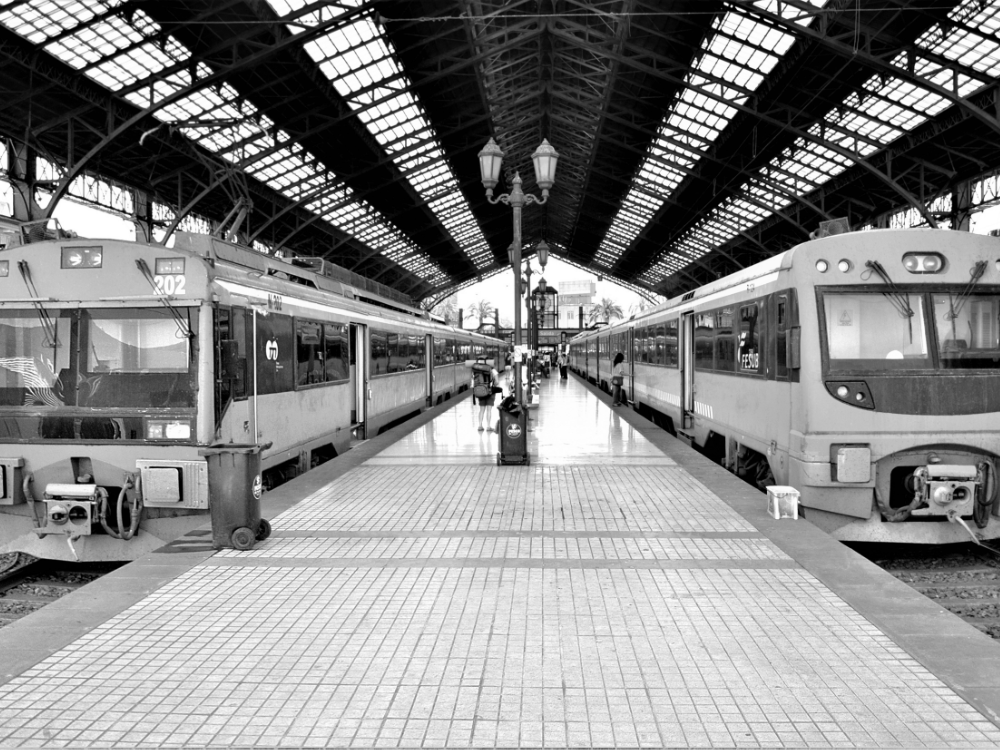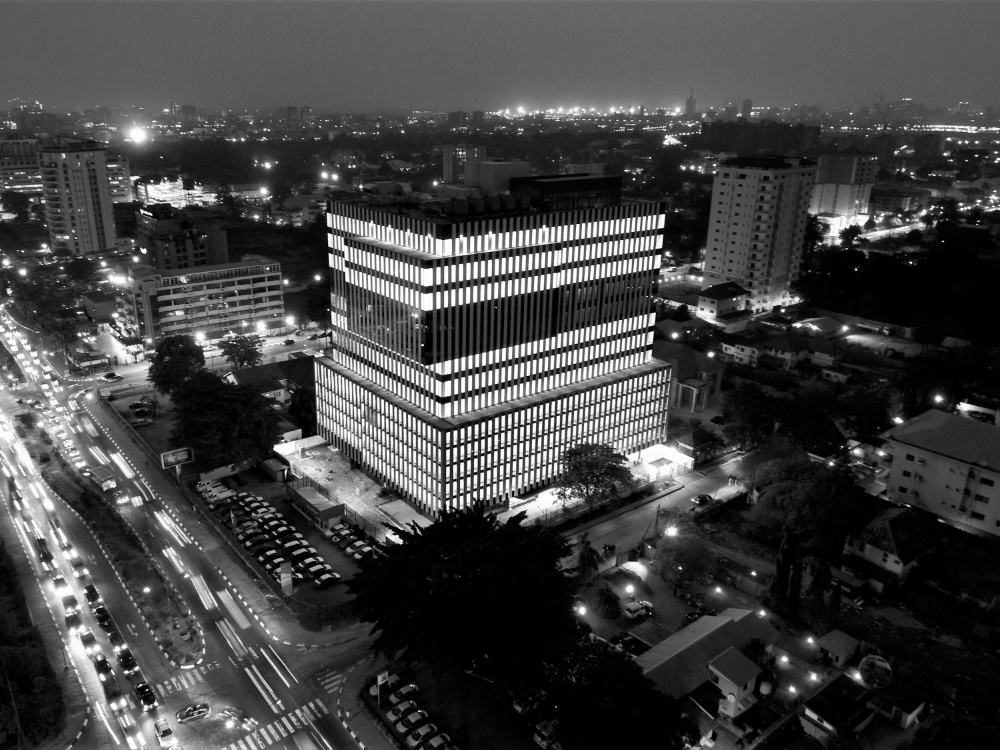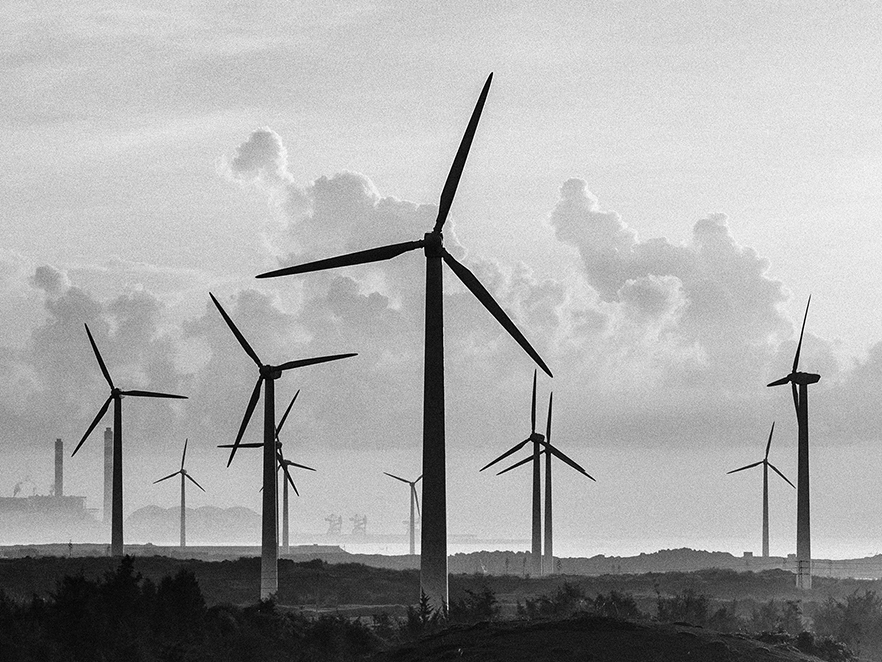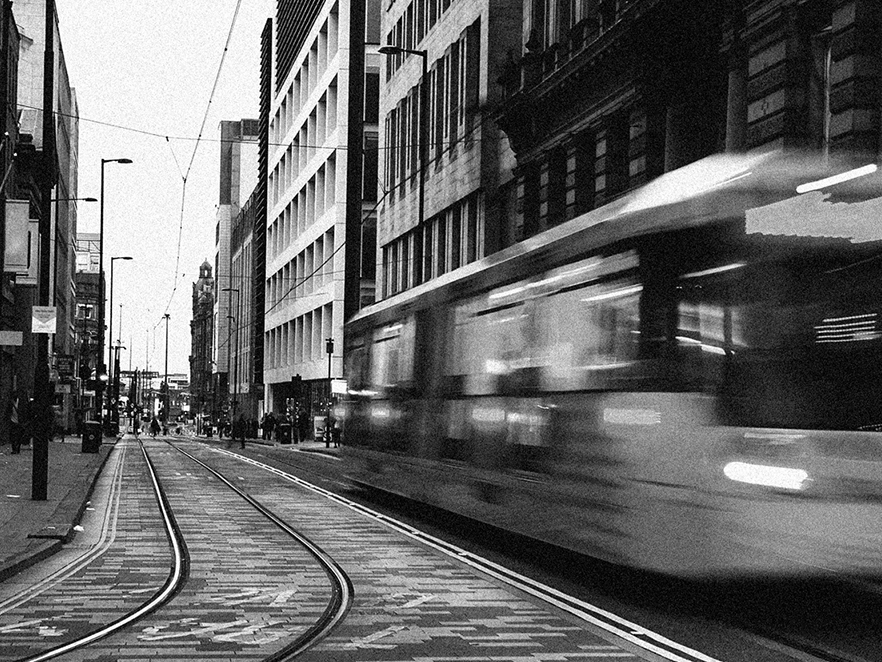El Pelicano Solar Company SpA (Pelicano) is a renewable energy producer that owns a 110 MW solar plant located in La Higuera, Chile. The plant delivers 300 GW hours per year of electricity to Metro de Santiago, Santiago’s underground railway system, making it the first public large transportation system in the world to run on renewable energy.
Javier Areitio: What is the current and future demand for clean energy in Latin America, and in Chile in particular?
Hugo Vits: The demand for renewable energy in Latin America is already significant. In Chile, around 27% of electricity demand today is met by wind and solar power, and if we add in the figure for hydroelectric power, renewables as a whole account for 47% of total power demand. Looking ahead, it should be possible for renewable energy to reach between 70% and 80% of demand by 2030, as a result of voluntary agreements to retire coal plants and mandates to decarbonise power generation.
The main driver of the switch to renewables has been lower costs. Renewable power purchase agreements (PPAs) are priced very competitively. Commercial and industrial customers such as large copper mines are demanding PPAs that are 100% renewable, cancelling their existing high-carbon PPAs and paying the break fees.
Latin America has a tremendous opportunity to become a global leader in energy sustainability. The region already has a very low carbon footprint compared to the rest of the world, so combined with good hydro, wind and solar resources, we should see a cost-effective, rapid switch to low carbon over the next 20 years. However, this will require substantial new investment in energy infrastructure. To date, most investments have been focussed on power generation, but a substantial step up is needed in transmission, storage and distribution to capture the full benefit of renewable generation and provide operational flexibility.
Javier: What impact has the global pandemic had on demand, and your ability to operate?
Hugo: In 2020 the pandemic had a significant impact on the economy and thus on the electricity demand of most countries. That demand decrease did not impact Pelicano given that it has a long term contract through which it sells 100% of the electricity generated regardless of the demand evolution. Operationally, disruption to Pelicano was minimal given that our plant was already capable of operating remotely 24/7. As a result, we did not register any Covid infections across both 2020 and 2021.
Javier: What is the key driver of operational excellence for you?
Hugo: The key enabler is teamwork, with a relentless focus on continuous and safe operational improvements that have a bottom-line impact. We align the mindset of our teams through a ‘challenge and assist’ process to execute opportunities and mitigate risk. Best practices are shared across all Actis platforms, with the support of the Actis operational team.
Javier: What benefits does being a sustainability leader bring?
Hugo: Sustainability is all about the triple bottom line; better economic, social, and environmental results. If you want to be a leader, you always need to look for new ways to do more and better.
In terms of specific benefits here, we provide clean and cost-effective solar energy to Metro, the underground rail network in Santiago. That means Metro today is the most significant clean electromobility option in a city which is well-known for its air pollution. So there are economic benefits from the cost effectiveness of our energy, but also health and environmental benefits from lower fossil fuel use, fewer emissions and better health.
We also strive to have an impact on the local community in which we operate. Around Pelicano there are herders who had traditionally used costly liquid fuels to generate electricity. Together with the local municipality, we now provide them with solar energy systems to minimise the use of these liquid fuels and bring the benefits of access to renewables to our neighbours.
Javier: You have been part of the Actis family for five years. What are the most valuable lessons you have learned to date?
Hugo: The main lesson has been the benefits of teamwork through the relationships with both our contractors and with Actis’ sustainability and financial teams. We always need to be technologically aware and look at opportunities and risks, but the ability to create teams across multiple organisations has been fundamental.





